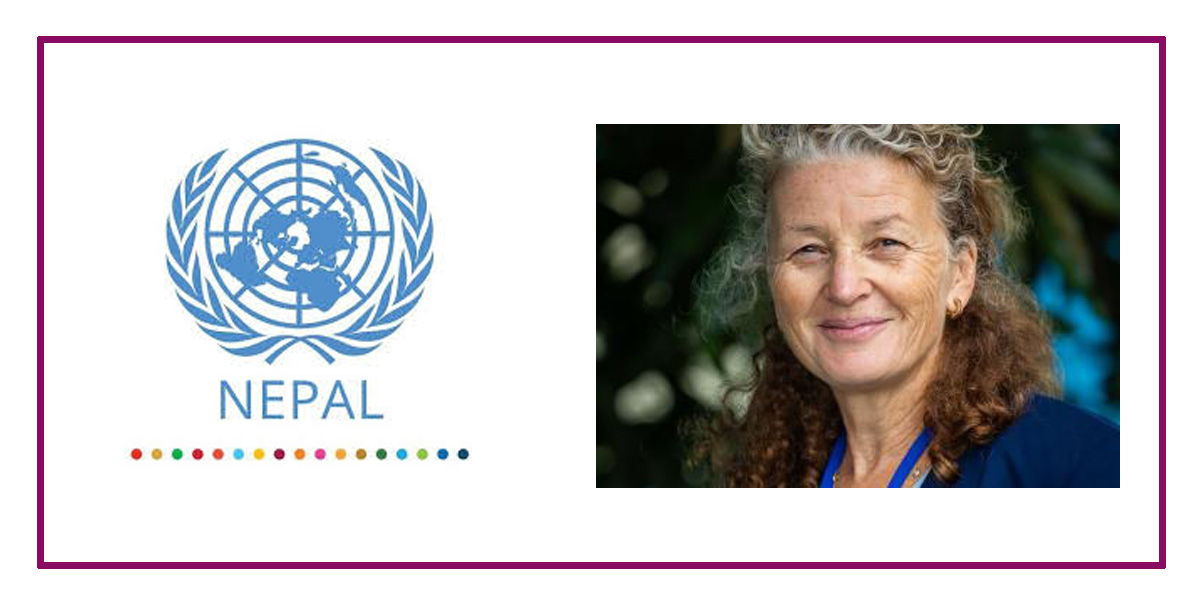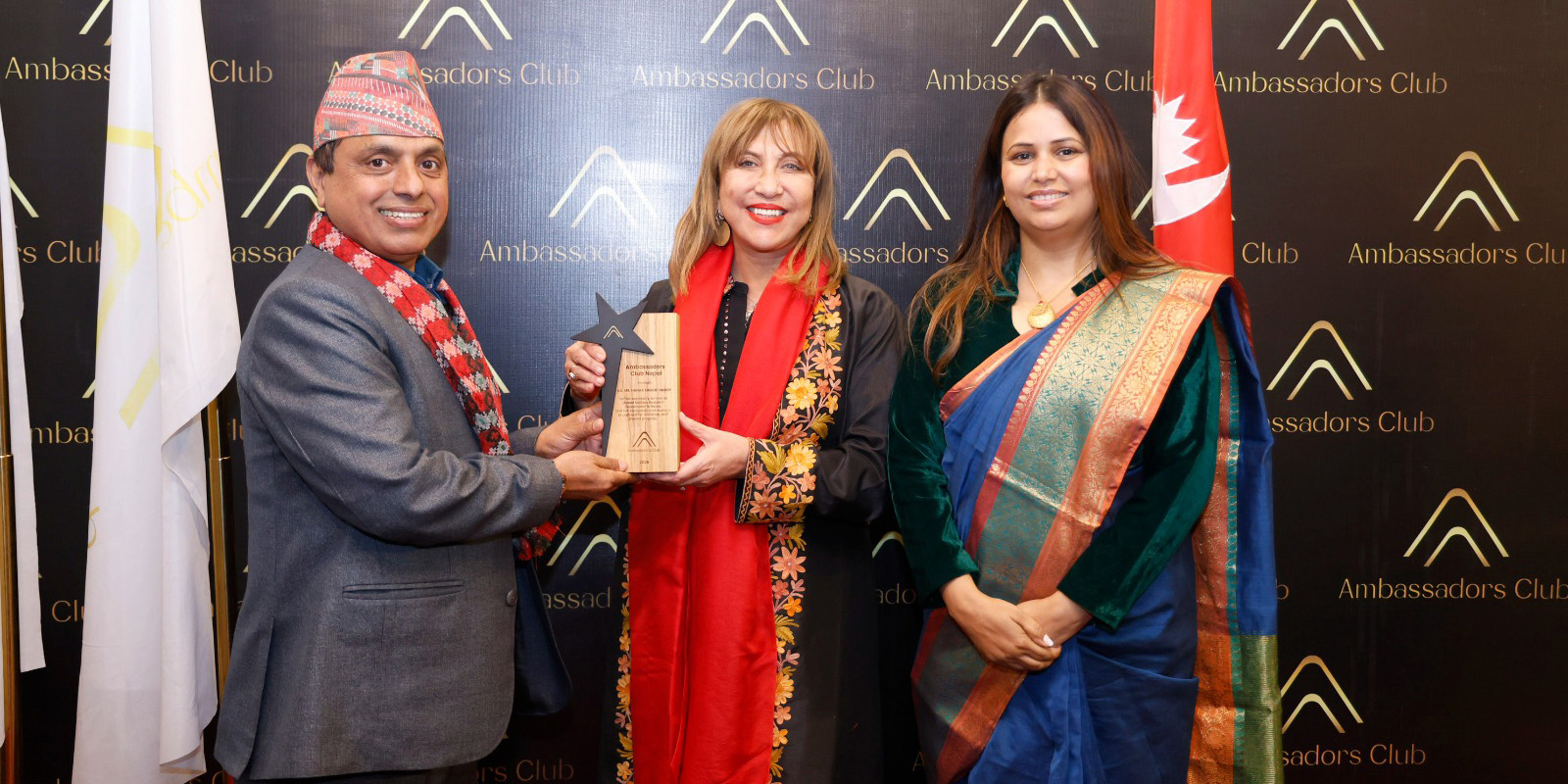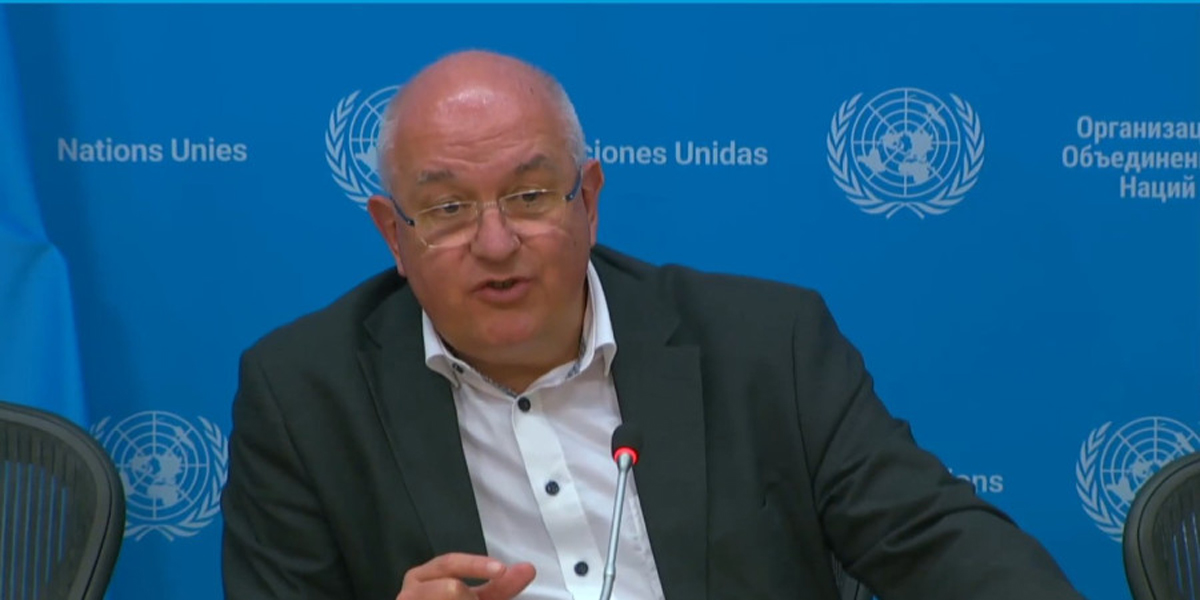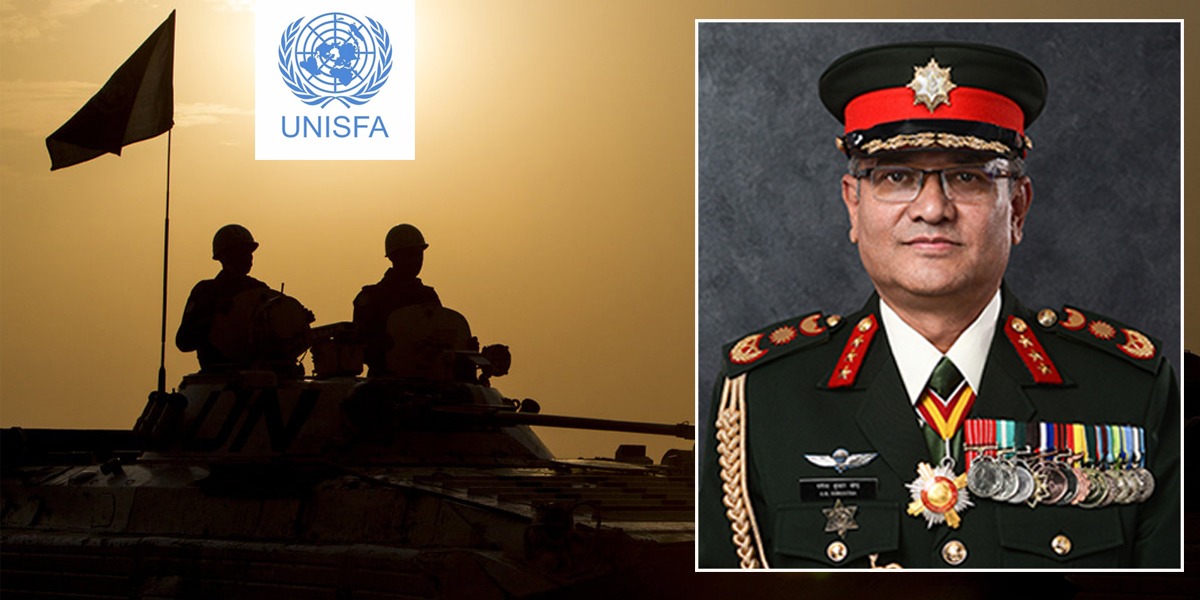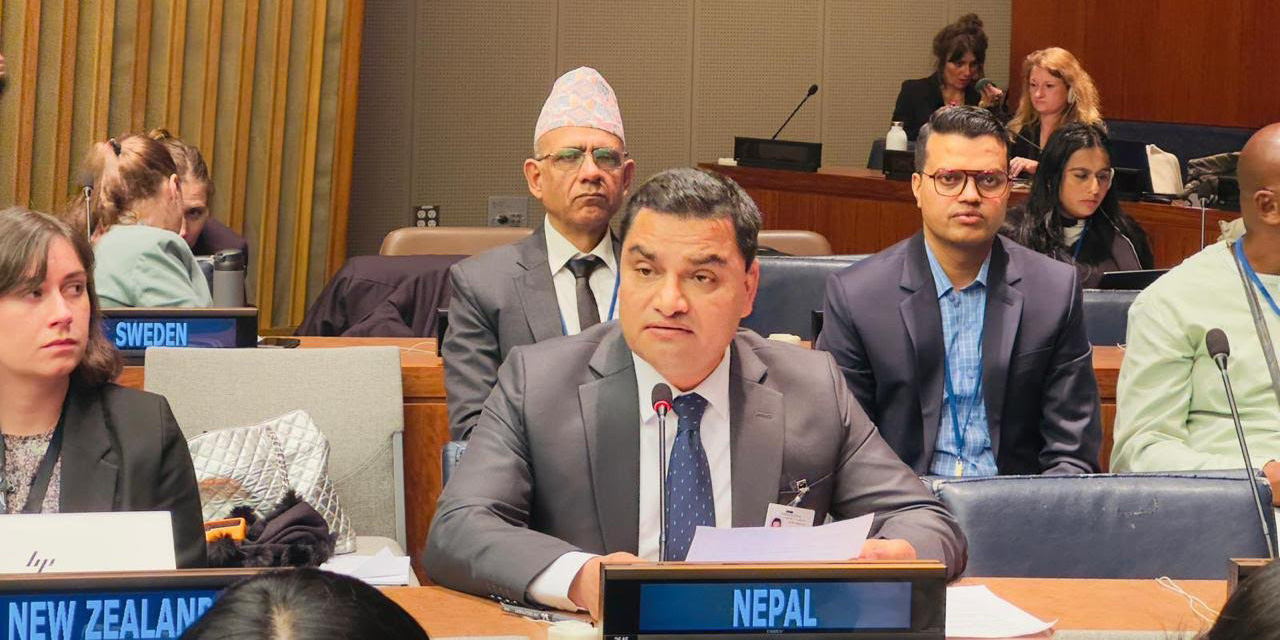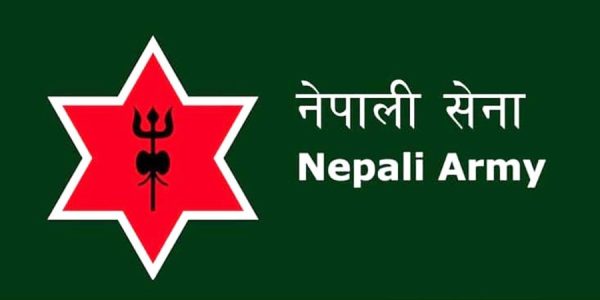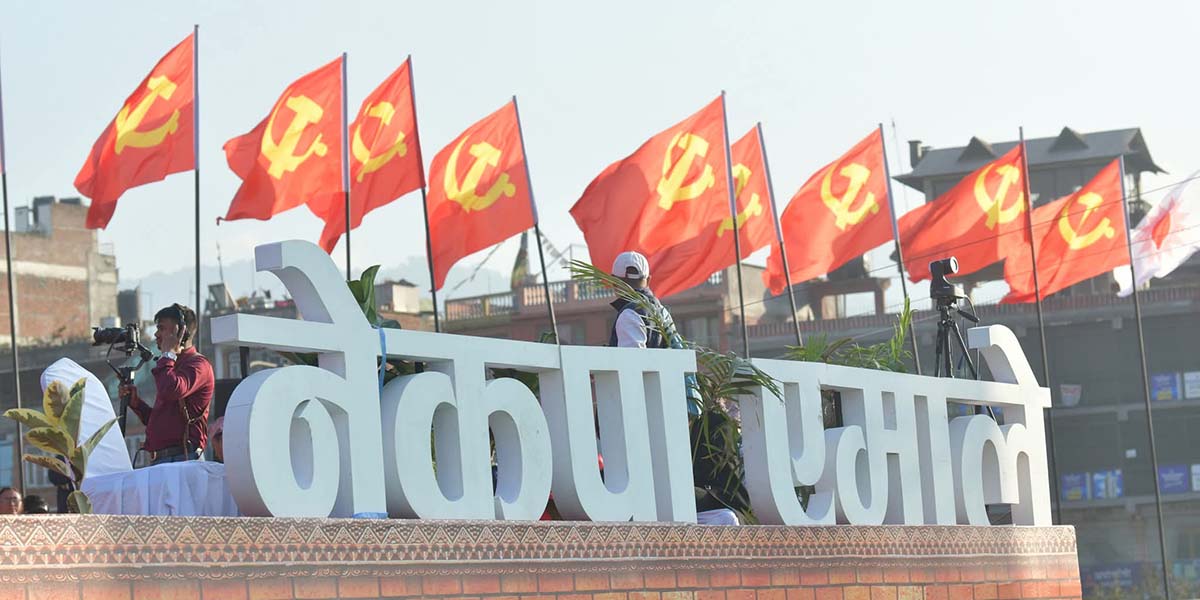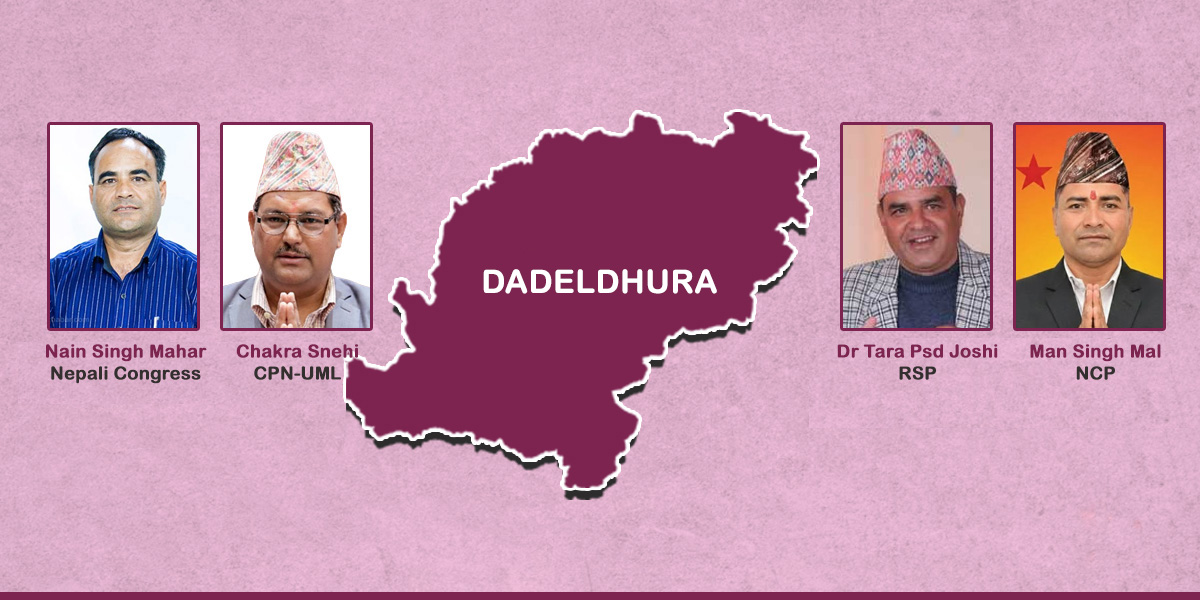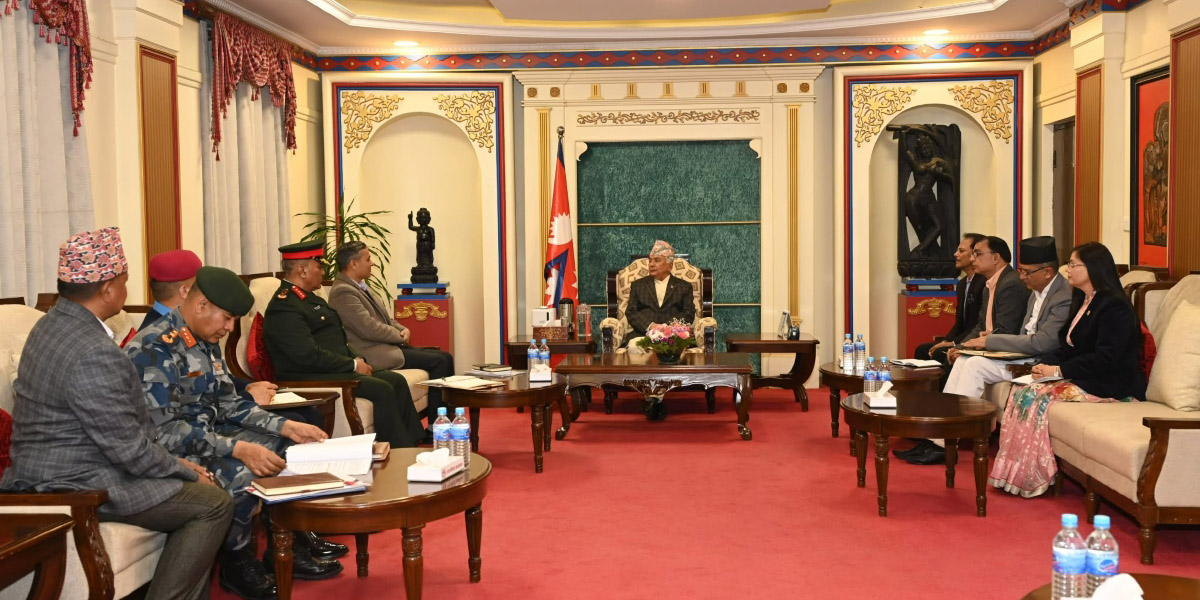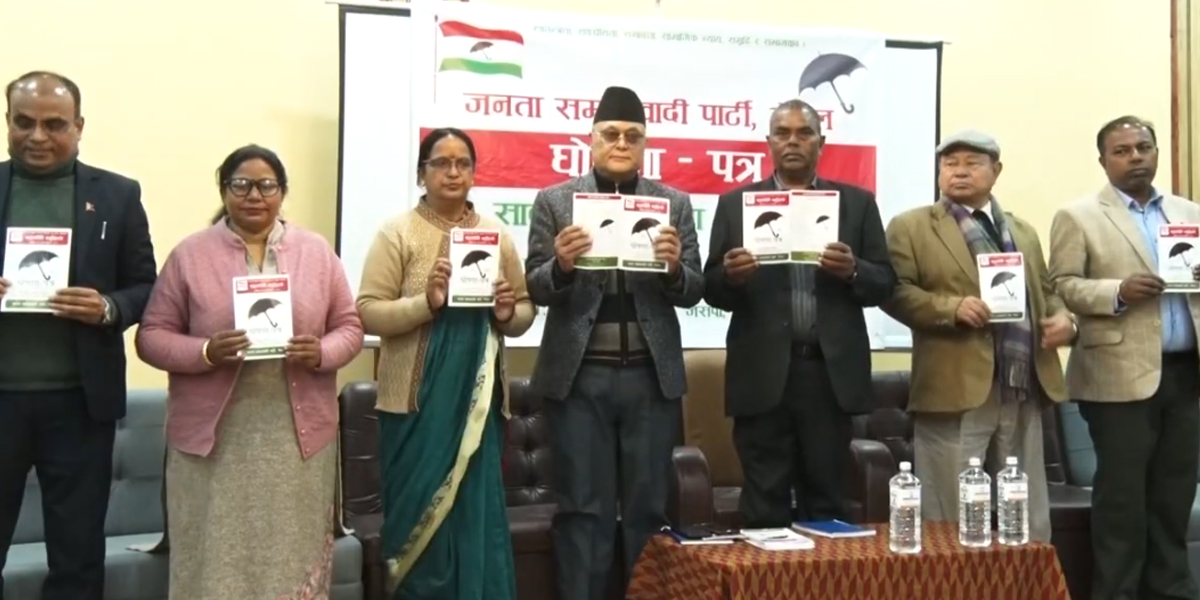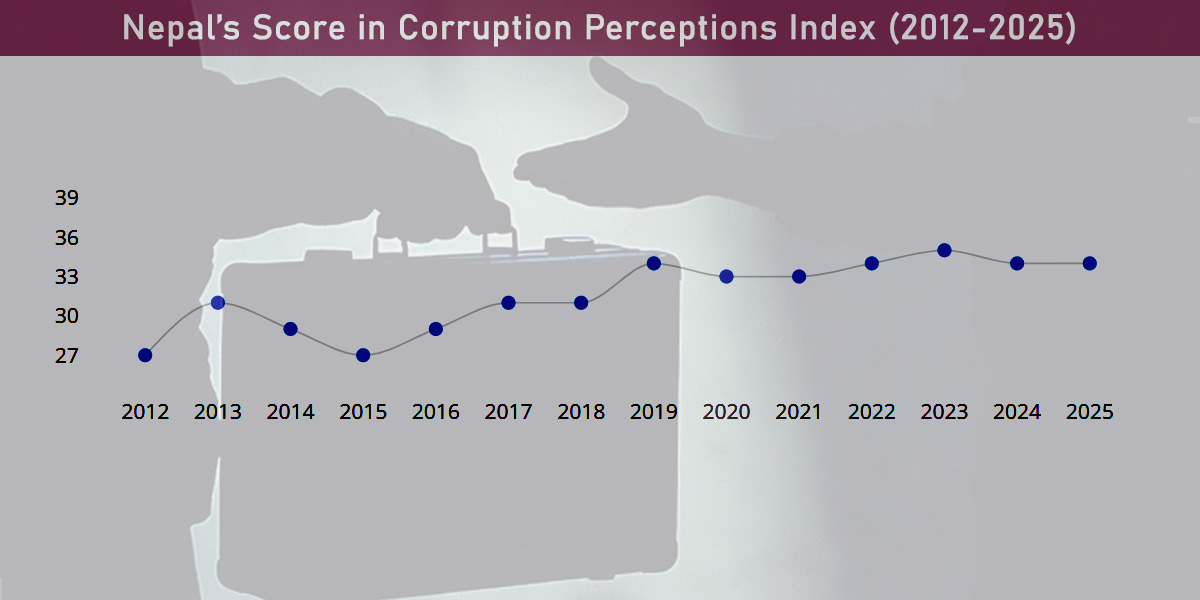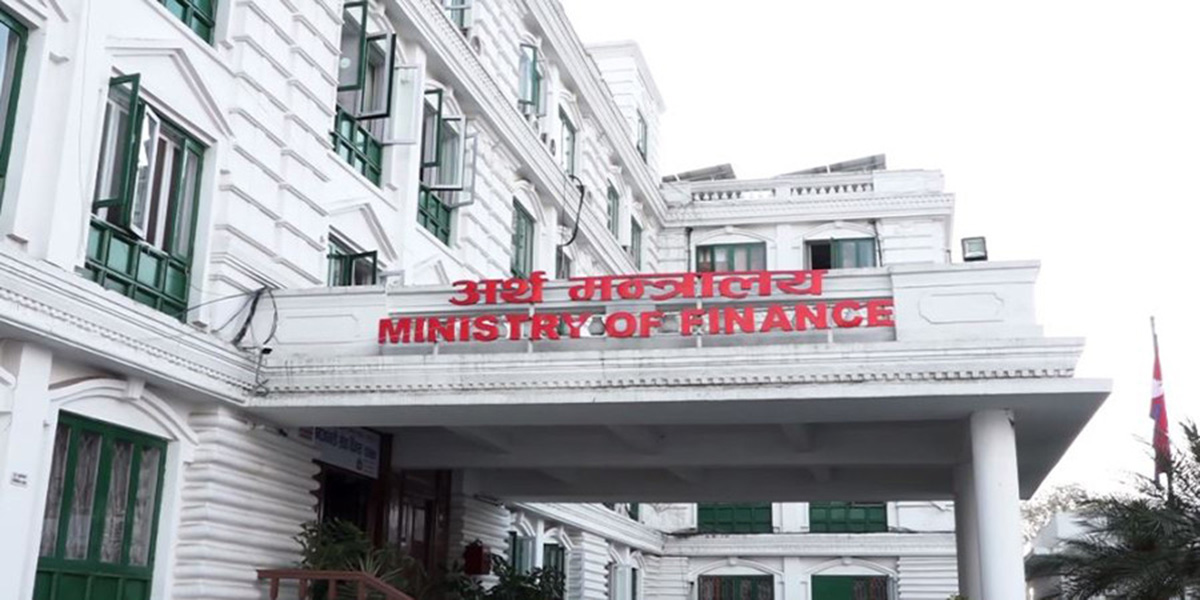![We are losing respect in the international community [Interview]](https://en.himalpress.com/wp-content/uploads/2023/03/Bishow-Cover.jpg)
Bishow Parajuli is among the few Nepalis who have worked in international forums for an extended period. He began his career with the United Nations as a volunteer and later joined the World Food Program. Parajuli has spent over two decades in various countries as a resident coordinator of the United Nations. His final role with the UN system was as the country director of the World Food Program in India. Chandra Shekhar Adhikari of the Himal Press interviewed Parajuli about his experiences in the UN, as well as his perspectives on Nepali diplomacy and politics. Excerpts:
When did you join the United Nations?
I began my career in the United Nations as an officer 40 years ago. In November of 1982, I started working as a volunteer before eventually joining the World Food Program (WFP). I was appointed as the director for Yemen and Egypt before assuming the post of resident coordinator of the United Nations in Myanmar. I also have experience of working as a resident coordinator in Zimbabwe and Yemen. In addition, I held executive positions and staff roles at the United Nations Headquarters. While with the WFP, I had the opportunity to work in Mozambique, Indonesia, and Bangladesh. During the COVID pandemic, I was in India, where I worked to help feed millions of people in need.
You had to work in risky environments during your time in the United Nations, didn’t you?
Yes, I have. It’s not easy to work in such environments. While working in Yemen, for example, I had to wear a helmet and bulletproof jacket while going to the office. It was a constant worry for my family members. I have even spent many nights in the bathroom following gunshots near the office. I was also successful in bringing my colleagues back from kidnappers without paying any ransom. I believe taking risks is part of the job when you are serving society.
There has been a lot of talk about the Nobel prize that WFP was awarded in 2020. WFP operates in over 80 countries and has a dedicated workforce of around 18,000 people. The recognition of the Nobel peace prize for the efforts of all involved is truly valuable. We saw this honor as an acknowledgement of our work in tackling food insecurity and famine in various countries. WFP helped more than 120 million people at that time.
What do you think are the measures to prevent food crisis?
The issue of food crisis and hunger is becoming increasingly severe around the world, and the WFP is actively engaged in providing assistance worldwide like we were providing during the COVID-19 pandemic. Many people have lost their jobs due to the pandemic, and many have suffered from starvation. It is essential to continue supporting those in need. People must have access to food and employment before the country can develop.
Access to food and shelter can prevent migration and help to reduce the number of refugees worldwide. However, this requires significant efforts and entails risks. When I was working in India, the world food crisis had doubled, emphasizing the importance of resources and effective measures to address this issue.
How difficult is it to arrange resources?
Arranging resources is a major challenge for WFP directors. They are responsible for identifying and securing resources, with only rare instances where resources have already been arranged before their arrival. It is believed that directors must possess the skill of identifying and managing resources effectively.
During my time in Yemen and Myanmar, arranging resources was not an easy task. However, I managed to secure the necessary resources. When I came to India, the groundwork for resources was already in place, but we still had to collect some resources on our own. It’s an integral part of the job to ensure that the resources are available for those in need. If you have the passion to serve and that feeding the hungry is your religion, resources can be arranged.
Did you receive any support or encouragement from the Nepali government when you were working in different countries?
After any eligible citizen enters the UN, there is a possibility that s/he can go even higher if the country does needful diplomatic lobbying. But the situation in Nepal is different. Despite sending a significant number of peacekeepers, we do not have much presence at higher levels due to weak diplomatic lobbying and political conflicts within the country. This has been my personal experience as well.
More attention should be paid to those who have gone abroad as workers rather than those who have been granted permanent residence facilities.
Have you noticed any changes in the treatment of Nepali people in the United Nations since the Panchayat period?
Definitely. When I first started working abroad, I rarely encountered Nepali people. Nowadays, Nepalis can be found in every foreign city. Unfortunately, some Nepalis have been cheated by their fellow countrymen in certain places. Our embassies have not been able to provide adequate protection to Nepalis. More attention should be paid to those who have gone abroad as workers rather than those who have been granted permanent residence facilities.
Earlier, we used to be treated very well. There was mutual respect and harmony. Even after the political change of 1990, several European countries used to offer Nepal on-arrival visas, and many European airlines used to fly to Nepal. But our planes are currently prohibited from entering European airspace. Unfortunately, the government seems to view this as a normal occurrence. It is possible that bureaucracy has used this as an opportunity for foreign travel. Otherwise, others won’t have to shut their sky to remind us that one agency cannot handle both airport management and civil aviation regulation. Unfortunately, this matter has not received the necessary attention for several years.
We are losing respect in the international community. Many ambassadors make promises about what they will do for the country once appointed, but their actions do not always align with the best interests of the nation. It is disheartening.
The way Nepalis are treated in Europe, the Americas, and even the Gulf countries has become very different. Maybe because they perceive that Npealis are sustaining themselves through remittances sent by migrant workers. Some of our politicians and bureaucrats may argue that political changes in Europe have led to this treatment. But I believe it is primarily our own fault. Nepalis, who once received on-arrival visas on handwritten passports, are now forced to stand in long lines and may not even receive a visa with an e-passport.
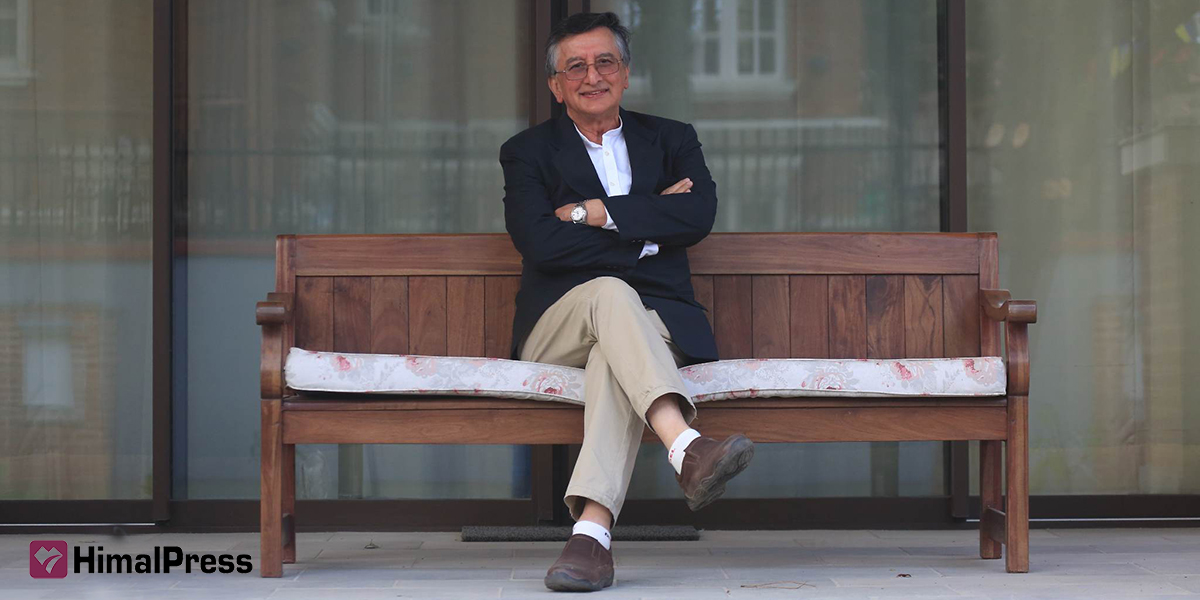
Is this because the world is prioritizing the rich people?
It is true that the world tends to prioritize rich countries. But that doesn’t mean Nepal should not be a priority. We are losing our influence and respect due to our own actions. The Nepali Embassy no longer has the same level of influence it once did. We can have fewer embassies but need agile and strong diplomats who can negotiate effectively on our behalf. Many of our diplomats lack basic courtesy.
I myself have had an unpleasant experience. When I was serving as a permanent representative in one of the countries where Nepal has its diplomatic mission, I had to introduce Nepali ambassador to other dignitaries. The situation was such that I felt ashamed to introduce him as our ambassador. This is all because of our malpractices, nepotism, and lack of professionalism. As a result, we have not been recognized as friends of powerful countries.
Many Nepali youth are going abroad to do risky jobs and working for very low wages in the Gulf countries. We need to find a way to keep them in Nepal and provide them with better opportunities. All our institutions must work responsibly. This includes constitutional bodies such as the Commission for the Investigation of Abuse of Authority and Human Rights Commission, and Department of Money Laundering Investigation. Unfortunately, we are weak in this area. The government should learn from other countries and adopt good practices. We need to create an environment that encourages investment of income generated by those who work abroad for their own benefit. The Philippines can serve as an example in this regard.
Are you trying to say that we have failed to draw the attention of the world for development?
Is there any doubt about it? We are located between two giant economies. Shouldn’t we be taking advantage of the these emerging nations by showing our importance, marketing ourselves and directing the world’s attention towards Nepal? But the leaders here have no time for it. On the contrary, if someone says they want help, it is the leaders who talk harshly and bring such companies into controversy. Even foreign aid is disputed.
We are known as a country that feeds on remittances. This is sad. If technology and skills can be brought in along with remittances, the country can take a giant leap. While other countries are making progress, we seem to be left behind. It’s crucial that our leaders pay attention to this and take necessary actions.
I think we need a purification in politics, which will eventually lead to a purification in the bureaucracy. A leader’s commitment should be to make Nepal a better country, not to advance their personal agenda. The ongoing political wrangling for the figurative presidential election shows where we stand in the world.
The ongoing political wrangling for the figurative presidential election shows where we stand in the world.
How was the experience of looking at Nepal from India?
There is a prevalent fear in India regarding China’s increasing presence in Nepal. As a nation, we also face our own set of issues that require our immediate attention. However, addressing them demands a great deal of courage. Our leaders need to emulate the progress-driven leadership style of Narendra Modi in India.
The government should encourage companies that are performing well. A large road network can be built with less money. But we are not doing it.
It is said that the constitution needs to be amended, but no one talks about what should be amended. Although there has been talk of giving concessions to electric vehicles to reduce pollution, no attention has been paid to its implementation. It seems that the government is in the hands of some business houses.
What can be done to improve our embassies abroad?
Our embassies should feel like a Nepali home. We should send ambassadors with strong leadership skills, whether from the Ministry of Foreign Affairs or from outside. We need to prioritize capabilities over affiliation. I have seen a lack of leadership in most embassies. Embassies are the face of Nepal abroad, and we need to ensure that our country is represented in the best possible way. We can have fewer embassies, but we should ensure that each embassy is equipped with the necessary facilities and staff to perform its duties effectively.

 Himal Press
Himal Press 